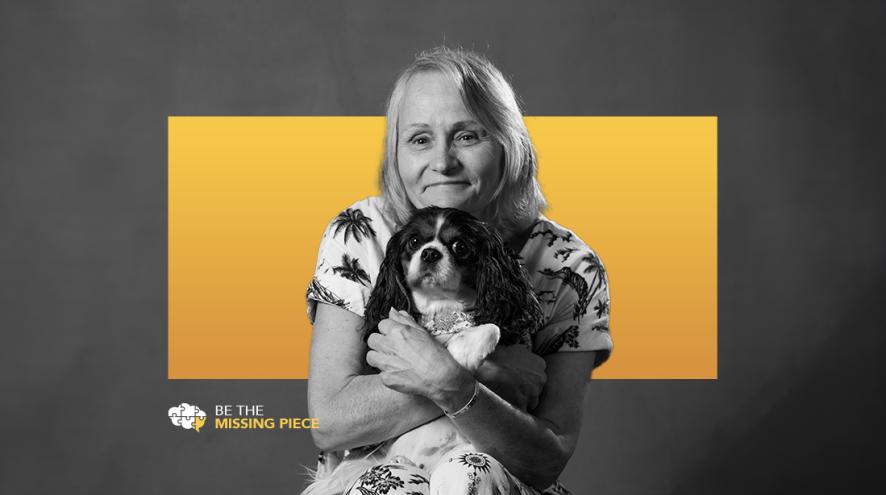Get the facts straight
Why let fear and misunderstanding perpetuate negative stereotypes? The more you know, the easier it is overcome common misconceptions.

What is dementia?
Dementia is a broad term that describes a set of symptoms which may include memory loss, changes in mood and behaviour, difficulties with thinking and processing language, as well as challenges completing everyday tasks, ordinary things like ordering from a menu or paying a bill at an ATM.
Alzheimer's disease is the most common type, accounting for 60% to 80% of all cases. However, it is not the only form, there is also Vascular, Lewy body, and Mixed dementia as well as other types of dementias.
Every person’s experience of living with dementia is different. Symptoms may be mild in the early stages of the disease, allowing people to carry on with their lives, doing things they have always enjoyed, and making decisions for themselves.
Having the confidence to share a diagnosis of dementia without fear of discrimination or rejection allows people living with dementia to be their authentic selves. It is the stigma associated with dementia that causes people to treat the diagnosis as a shameful secret, which is a burden no one should have to carry these days. Learn more about the myths and realities of dementia.
Isn't dementia just an old-person's disease?
Not necessarily. You can't tell by looking whether or not a person is living with dementia. There's a lot of living still to be done following a dementia diagnosis!
Most people imagine an elderly person in the latter stages of the disease, but this isn't the whole story. Some people have been diagnosed as early as their 40's, 50's or even younger. The term "young onset dementia" refers to people who are diagnosed before the age of 65. Young onset dementia accounts for between 2% and 8% of all cases. Approximately 28,000 in Canada are currently living with young-onset dementia.
There's so much information about Alzheimer's disease and dementia out there, how do I know what's true?
We live in the Information Age, unfortunately not all of the information found online regarding dementia is accurate. Always consider the source of any information and seek out trustworthy, reputable experts in the field of dementia education and research. The Alzheimer Society provides a useful guide with tips for sourcing reliable dementia information.
